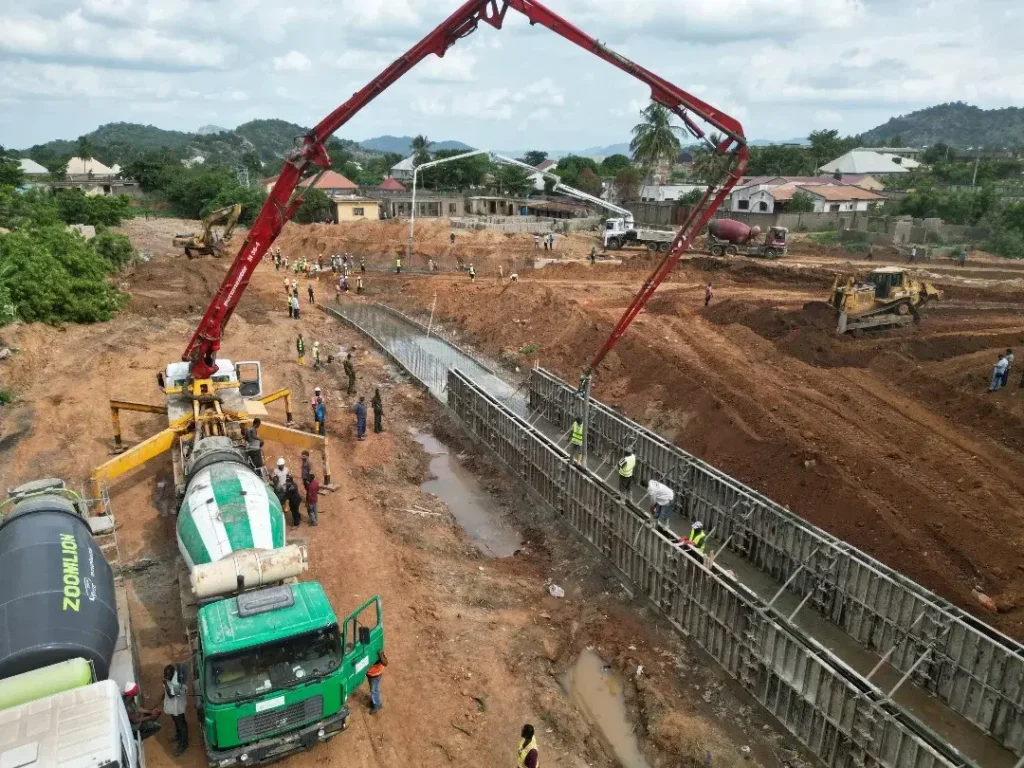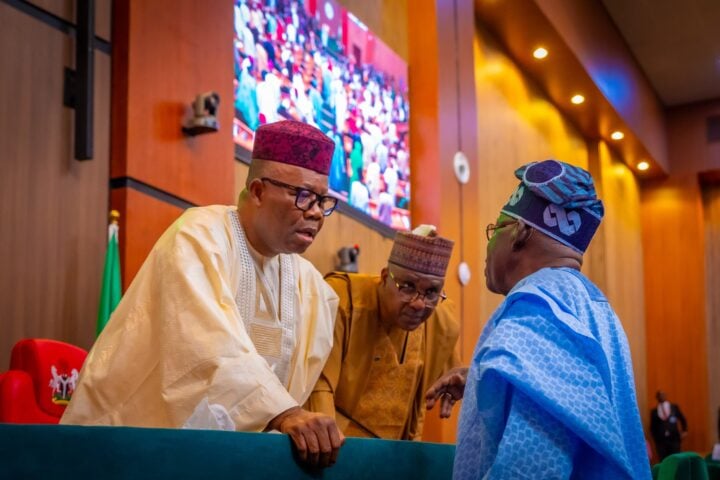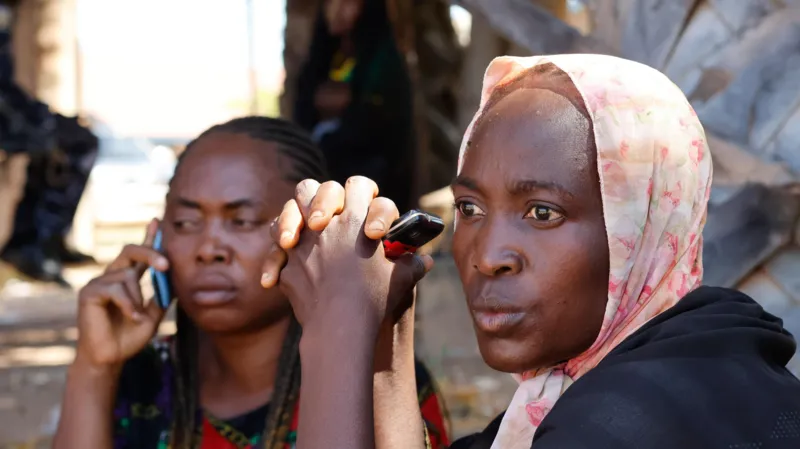A Bold Commitment to Ecological Resilience
Governor Ahmed Usman Ododo of Kogi State has boldly declared that devastating flooding and erosion will no longer afflict the state—thanks to infrastructural investments designed to bring lasting safety and sustainability.

Key Measures Driving Change
1. Innovative Infrastructure Projects
Massive erosion control initiatives, supported by the World Bank’s ACReSAL programme, are already underway in key areas such as Ankpa, Etahi, and Omigbo. Projects include:
- 21 culverts at major gully heads
- 332 pedestrian culverts
- 417 vehicular slabs
- 22 km of integrated drainage systems
- 11.5 km of new roads enhancing connectivity and transport safety
Extensive contracts worth approximately N29–30 billion have been awarded to manage gully erosion through reclamation, stabilization, and channelization at Etahi (Okene LGA), Omigbo (Kabba Bunu LGA), and Olubo‑Ojo (Ankpa LGA), each executed in compliance with global standards.
2. Community-Centric Interventions
- Regular community engagement and compensation efforts are ongoing.
- Over 700 affected individuals in Olubo‑Ojo have already been compensated, reflecting a commitment to inclusive project execution.
3. Flood Control Strategy and Preparedness
An integrated approach involves:
- Desilting and clearing of waterways and culverts
- Flood defense construction, including embankments and drainage systems
- Implementation of early warning systems and real-time flood monitoring
- Technical committees and public education campaigns
- Relocation of vulnerable communities
- Establishment of IDP (Internally Displaced Persons) camps during emergencies
- Tree-planting initiatives for natural erosion control
4. Policy and Climate Resilience Efforts
The administration has prioritized climate action through:
- Afforestation projects
- Solid waste reforms
- Erosion site assessments and mapping
- Continuous drainage maintenance
- Collaborations with international climate and development agencies to strengthen policy implementation and resilience messaging
Context: From Neglect to Action
In previous years, despite severe floods displacing millions, Kogi had underinvested in flood and erosion control. For example:
- Only N14–N29 million was actually spent on erosion control between 2022 and mid-2024, despite receiving over N1.3 billion in ecological funds.
- In early 2025, the state spent N172 million on celebrations, with zero allocation spent on flood control, despite an approved budget.
This stark contrast highlights a significant shift under Ododo’s leadership—from years of neglect to proactive, resilience-focused governance.
Why This Matters
- Historical Vulnerability: Kogi, located at the confluence of the Niger and Benue rivers, has historically faced devastating floods. The 2012 floods displaced nearly 624,000 people, destroyed infrastructure, and caused losses estimated at N63 billion.
- Strategic Transformation: Governor Ododo’s leadership has shifted the focus from emergency response to long-term planning and climate resilience.
- Positive Momentum: Infrastructure development, public engagement, and environmental sustainability efforts all point toward a new era of resilience in the state.
What’s Next?
- Sustained Oversight & Community Engagement: Vigilant monitoring and inclusive engagement will be crucial to maintaining infrastructure longevity.
- Consistent Funding: Continued and prioritized investment in flood prevention is essential.
- Monitoring & Adaptation: Success in key areas can serve as models for other parts of the state, scaling interventions as needed.
Governor Ododo’s declaration may seem ambitious, but with significant investment, strategic planning, and community-focused execution, Kogi is well on its way to achieving a future free from the devastation of floods and erosion.

















